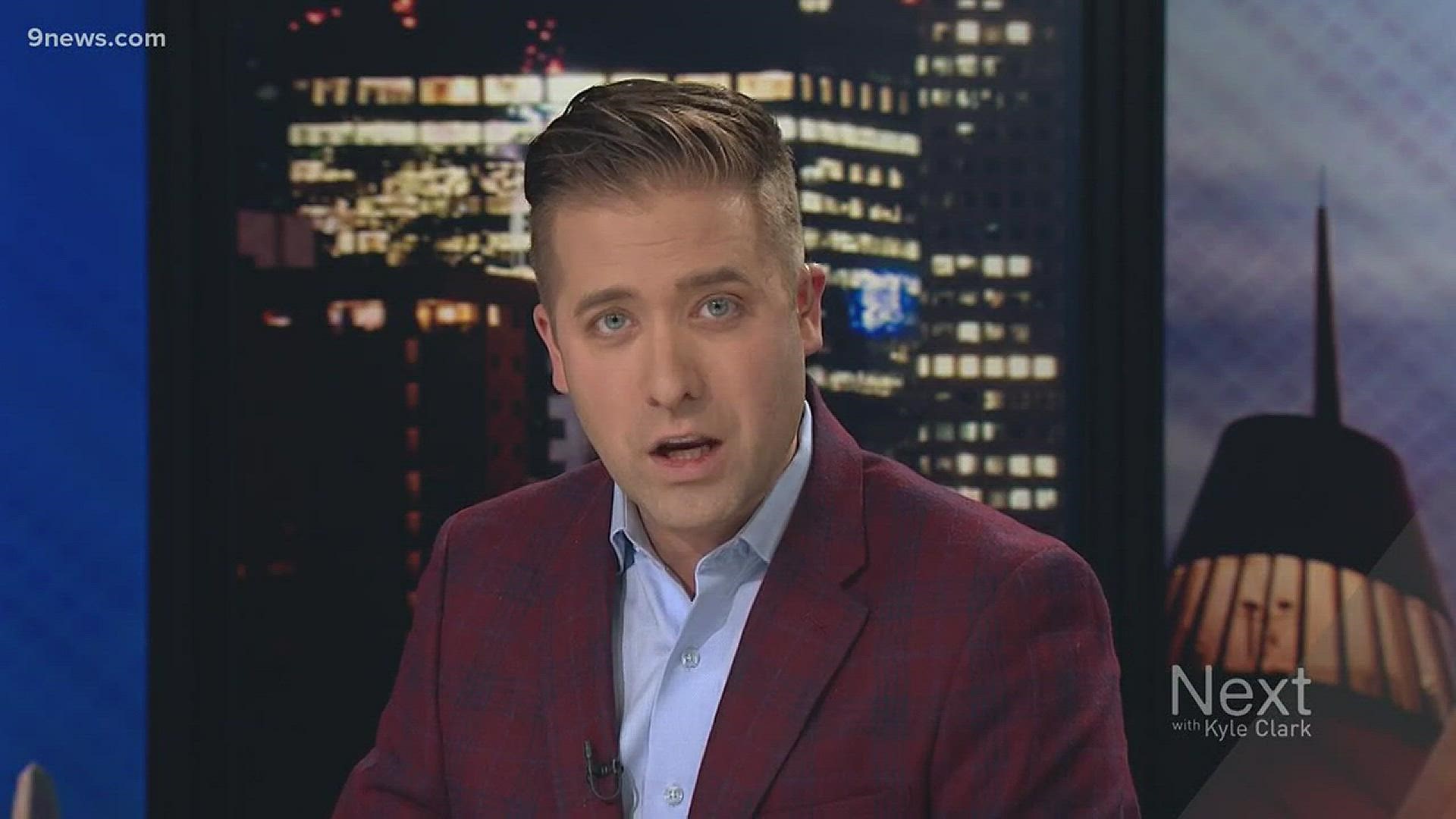DENVER, Colorado — It was 50 years ago to the day when Chicano and Chicana students who attended Denver West High School walked out of their classes to protest the mistreatment and racism they experienced in their classrooms.
The 1969 West High Walkout, also known as the “blowout,” was one of the largest and most violent student protests in Colorado's history.
Though most of the students who attended Denver West were of Mexican descent, the school was often unwelcoming to minority students.
Rodolfo “Corky” Gonzales and other members of Denver’s Crusade for Justice helped students organize the protest. The walkout was a focus on calling for the firing of a teacher who constantly made discriminatory comments in class.
Students also protested for bilingual education, classes on Chicano history and literature, and for teachers to stop advising students to join the military, which was during the time of the Vietnam War.
Nearly 300 people marched to nearby Baker Junior High to gather more students for the protest. When the group returned to West High, police in riot gear were waiting.
While police ordered the group of students to Sunken Gardens Park, an altercation broke out between several protesters and the police. Fifteen Denver police officers began hitting students, protesters claimed.
“Everything broke loose,” said Jim Hall, who was an observer and contributor to neighborhood newspaper West Side Recorder. “Nightsticks started swinging and cops were pulling girls’ hair by the handful."
Following the protest, 25 people were arrested and six people, including one officer, were injured.
The next day, on March 21, 1969, more than 1,200 students gathered at West High and marched to Lincoln Park for another rally, where students and police clashed again.
A LOOK AT HOW FAR WE'VE COME
The Chicano students who walked out of class demanded respect. They were tired of being treated unfairly. Mia Martinez Lopez, the principal resident at West Early College, said she's heard stories of students who were chastised for bringing food from home and had to eat in the corner silently.
Even when students tried their best, Martinez Lopez says students still got disrespectful comments from their teachers.
"That Mexicans are stupid and you’re stupid if your family speaks Spanish," she said. "This was a buildup, this was definitely a buildup.”
Chicanos united and wrote a list of demands. They were asking for Spanish speaking teachers and for access to different opportunities aside from being recruited for war, among other things.
Martinez Lopez and Teresa Sena Klava, the current principal at West High School, showed 9NEWS old documents in which the superintendent at the time responded to those demands.
Martinez Lopez read the words aloud.
"Number three. A principal with a Spanish surname must be appointed to administer West High School. Such principal must be one who understands the problems of Hispano students and parents and is able and willing to implement solutions to these problems."
The first answer from the superintendent: "No."
Now, in 2019, things are different.
"Fifty years later, there are now three Chicana leaders here in principal roles," said Martinez Lopez. "Plus, we have other Chicano administrators, as well.”
Martinez Lopez and Sena Klava are both daughters of two men who were a part of the West High School Blowouts. Martinez Lopez's father was out front as a part of the protest and as a part of the Crusade for Justice. Sena Klava's father was inside supporting students as a part of the staff.
Today, both women are helping run the school together.
"Here we are, co-leading fifty years later," said Sena Klava.
Both are examples for current students, like Laisha Flores, a senior at West High School.
“I don’t think I would’ve gotten the same opportunities in any other high school as I get them here," said Flores. “It’s really important for us to speak Spanish, to not lose those things we were taught and those things we bring from Mexico and all over the world.”
Sena Klava is living by the example her parents gave her.
"What we’re asked to do is preserve culture, to preserve language, to fight for justice and to fight for access," said Sena Klava. "That’s our call today, it’s no different. We still have to do the same thing that our parents were calling for and asking for fifty years ago.”
SUGGESTED VIDEOS | More from Next with Kyle Clark

